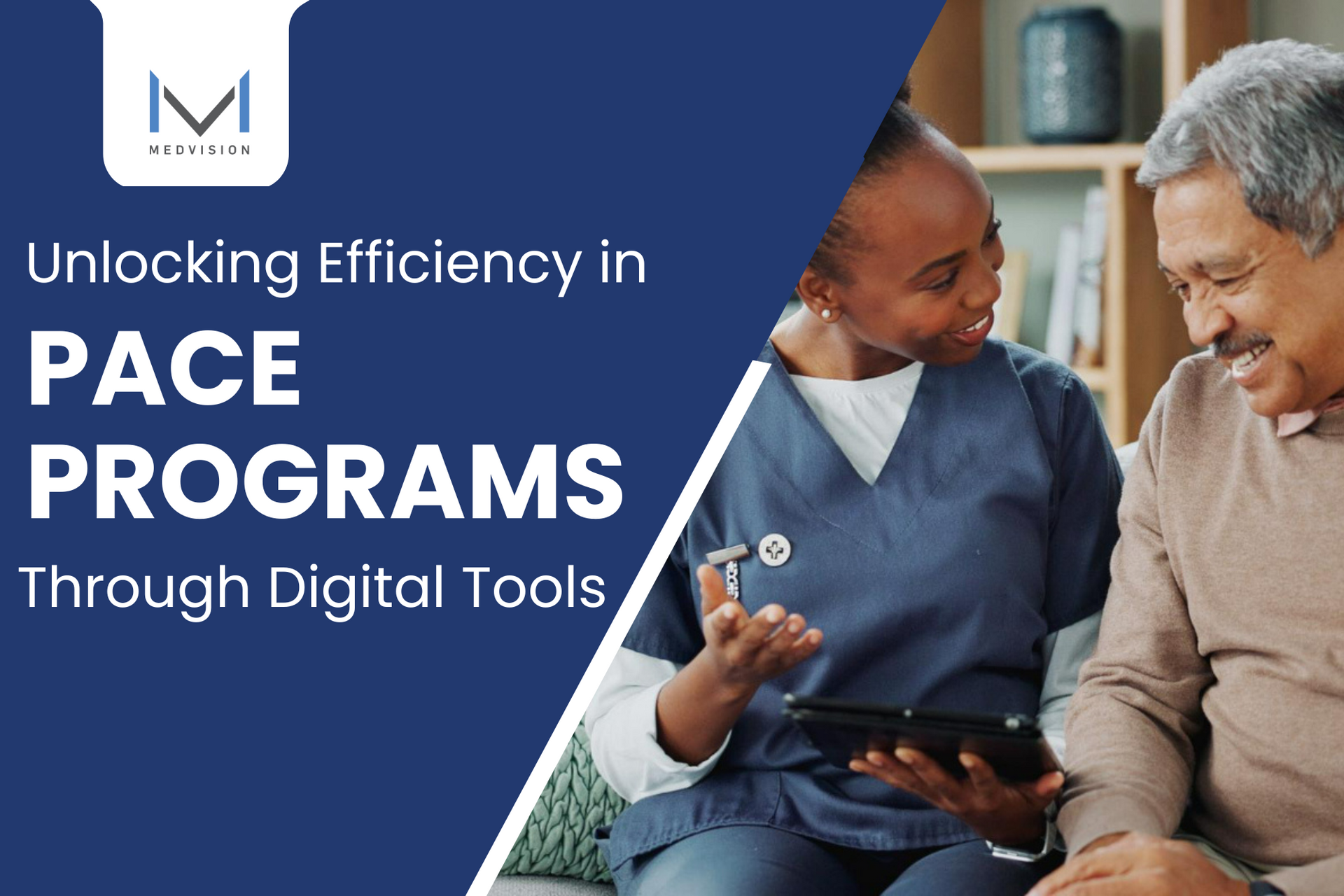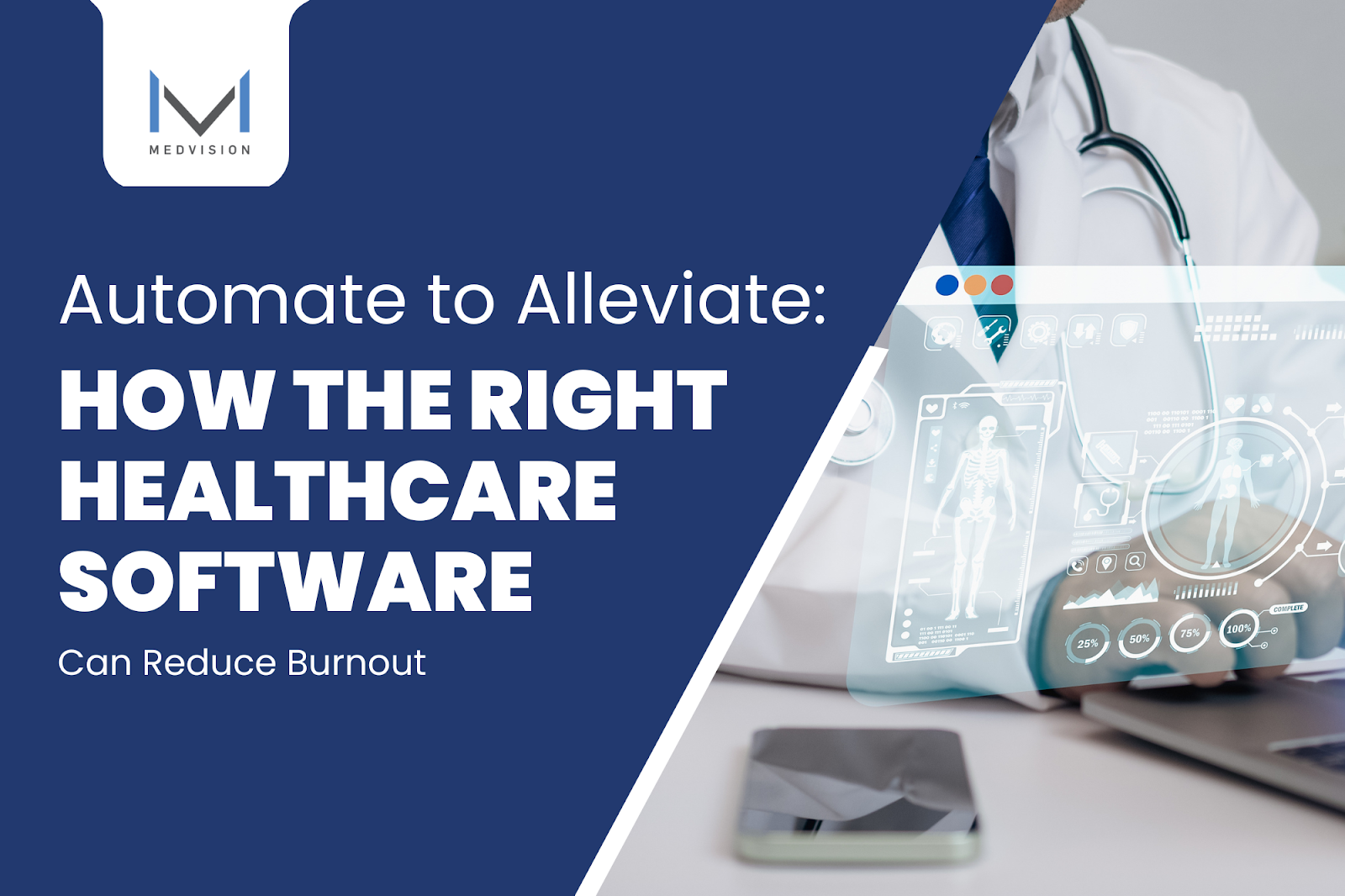How Care Coordination Benefits Healthcare & Payers?
What is Care Coordination?
Before we start talking about the benefits of care coordination, we need to define what it means. However, you’ll be surprised to know that people often have different ways of defining care coordination. But generally, the main goal of care coordination is to improve health outcomes of patients.
So what exactly is care coordination or coordinated care? To put it simply, care coordination is the system of how different people coordinate with each other to provide a patient’s health care services. Basically, care coordination covers the collaboration between providers, specialists, nurses, clinical staff, care coordinator, and everyone else who is involved in the treatment and care of a patient.
Furthermore, the sharing of clinical information between providers, patients, and family members and the security of referrals and changeovers are also key factors in care coordination.

Benefits of Care Coordination
Now that we know what care coordination means, let’s talk about the benefits of having care coordination systems, and how specifically great care coordination benefits payers.
Care coordination systems revolve around the processes and people that affect the patient’s quality of care. And since the healthcare industry relies on patients for revenue, happy patients mean more growth for, payers, healthcare organizations and payers organizations alike.
A study by Bain & Company shows that a profit increase of 25 to 95 percent is possible when you increase your customer retention rate by 5 percent. So if you want to increase retention rate, a good place to start is by keeping patients happy with your services. And great care coordination is conducive to patient satisfaction.
Great Care Coordination
Ideally, great care coordination systems provide most, if not all, of the following benefits:
- Minimize repetitive tests and procedures
- Minimize health care costs
- Make health care services easily accessible
- Make health care providers easily accessible
- Improve the efficiency of communication and transitions between providers
- Make clinical information easy for patients to understand
- Make the health care and clinical processes convenient for patients
- Provide long-term quality care for patients
Challenges of Care Coordination Systems
Providing health care services to a patient isn’t as easy as you would think. Most of the time, it takes a lot of people to diagnose, communicate, collaborate, treat, and care for a single patient. And because there are a number of people who are responsible for the patient, along with the complexities of medical practice, these challenges often lead to miscommunications, redundant examinations, unnecessary provider interventions, and additional costs for everyone involved.
Currently, care coordination systems are not consistent enough for healthcare organizations and practitioners to follow. A report by NEJM Catalyst shows that 53 percent of patients found health care services to be “somewhat coordinated” while only 7 percent experienced services that were “fully coordinated.” To conclude, there is still an urgent need to increase the efficiency and quality of coordination between health care service providers.
Care Coordination for Payers
Healthcare and payers heavily impact care coordination, that’s why it’s important to have a system that allows smooth transactions of information, data audits, payments, authorizations, referrals, and everything else related to health care services.
In addition, having a close watch on every aspect of care coordination also gives healthcare organizations the opportunity to make calculated decisions that can reduce costs for all parties.
So when sharing authorizations, referrals, and other medical information is easy and accessible, the providers, nurses, and medical staff can coordinate better, provide better services, and ultimately improve patient outcomes.
Technology for Care Coordination Systems
If you want to improve your care coordination, the key factor that you’ll need is an effective care coordination system. Management software's like QuickCap are exactly what organizations need to improve and maintain the complex systems related to care coordination.
With management software, organizations can easily save important information such as patient details, care plans, and benefit plans and make them accessible to providers, nurses, and medical staff members working with the patient.
In fact, some top quality software can provide tools that work beyond care coordination. Software like QuickCap are designed to handle most, if not all, the major processes of healthcare payer organizations.
QuickCap 7 for Population Management, Care Coordination, and Payer Organizations
QuickCap is a web-based software that can simplify your healthcare workflow processes, accelerate your clinical data procedures, and improve your financial outcomes. So if you want effective care coordination systems, you should definitely consider QuickCap as a solution.
References:
- Care Redesign Survey: Strengthening the Post-Acute Care Connection
https://catalyst.nejm.org/strengthening-post-acute-care-connection/ - Prescription for Cutting Costs
https://www2.bain.com/Images/BB_Prescription_cutting_costs.pdf - What is Care Coordination
https://catalyst.nejm.org/what-is-care-coordination/
Recently published articles
Keep in touch
Subscribe to get the latest update
Trending topics
Share your insights on social media
Upcoming events and company news















